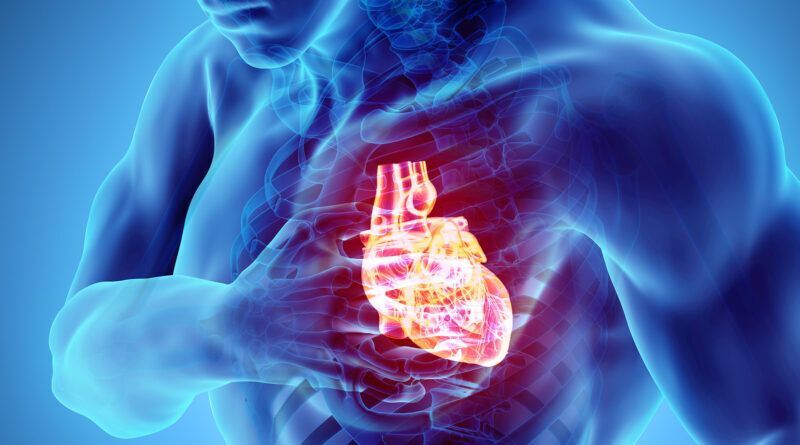
Every day of every year, 1,000 adults and children in the U.S. die of Sudden Cardiac Arrest (SCA). It’s important to be aware of several risk factors of Sudden Cardiac Arrest and early detection can be crucial to survival.
Here are some of the risk factors for Sudden Cardiac Arrest:
- Smoking
- High blood pressure
- High blood cholesterol
- Diabetes
- Obesity
- Alcohol
- Family history of heart disease
- Drug abuse
These are just some factors that can increase your risk at Sudden Cardiac Arrest or SCA. To reduce these risk factors it is important to live a healthy lifestyle, get regular checkups with your provider, and address any risk factors that could be reduced or eliminated.
A child that experiences sudden cardiac arrest will lose consciousness, will stop breathing, or will gasp for air, and may even have seizure-like movements. CPR and/or an AED within the first few minutes is the most crucial at a time like this, as it can prevent a disruption of lack of blood to the brain. To get more information about AEDs and how they can save lives, visit this post: All About AEDs
What are some of the warning signs?
- Racing heart rate or heart palpitations
- Dizziness or lightheadedness especially with exercise
- Repeated unexplained fainting
- Fainting when excited, startled, during exercise or right after exercise
- Seizures during or immediately after exercise
- Chest pain or discomfort with exercise
- Excessive shortness of breath or unusual fatigue during exercise
What can you do?
If you or someone you love is experiencing some or all of these risk factors and signs, you may want to check with your medical provider as soon as you can. If you have a family history of heart disease ask for a referral to see a cardiologist. A cardiologist can determine the best course of action for you or your loved one experiencing signs of SCA. Of course the best thing you can do personally, is to know how to perform CPR while EMS arrives. Contact Starting Hearts to learn our Call.Push.Shock.™ method, or sign up for a Red Cross certification course.
References:
Know the Warning Signs: How You Can Prevent Sudden Cardiac Death. (n.d.). Children’s Hospital of Philadelphia. https://www.chop.edu/news/health-tip/know-warning-signs-how-you-can-prevent-sudden-cardiac-deathPrevention Of Sudden Cardiac Arrest (SCA). (n.d.). La12.Org. https://la12.org/AboutUs/SuddenCardiacArrest/PreventionOfSuddenCardiacArrestSca.html
